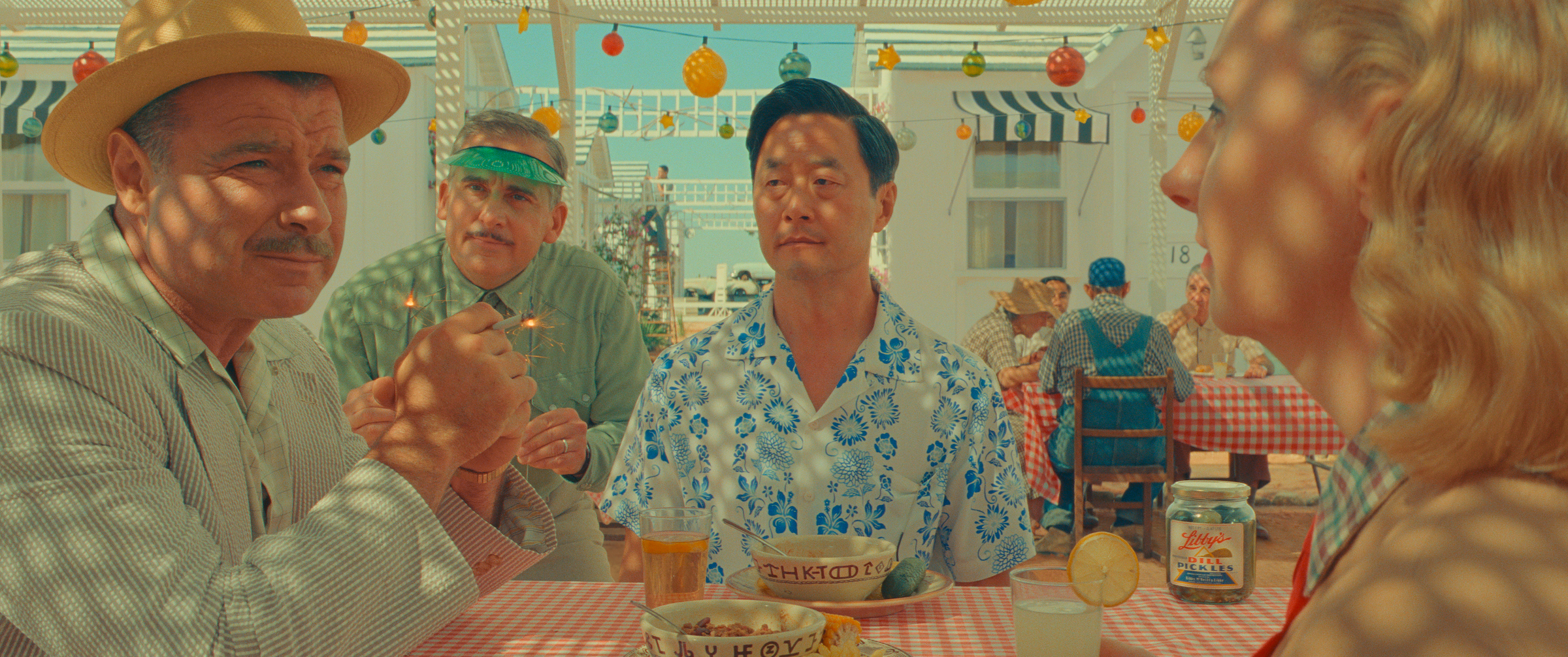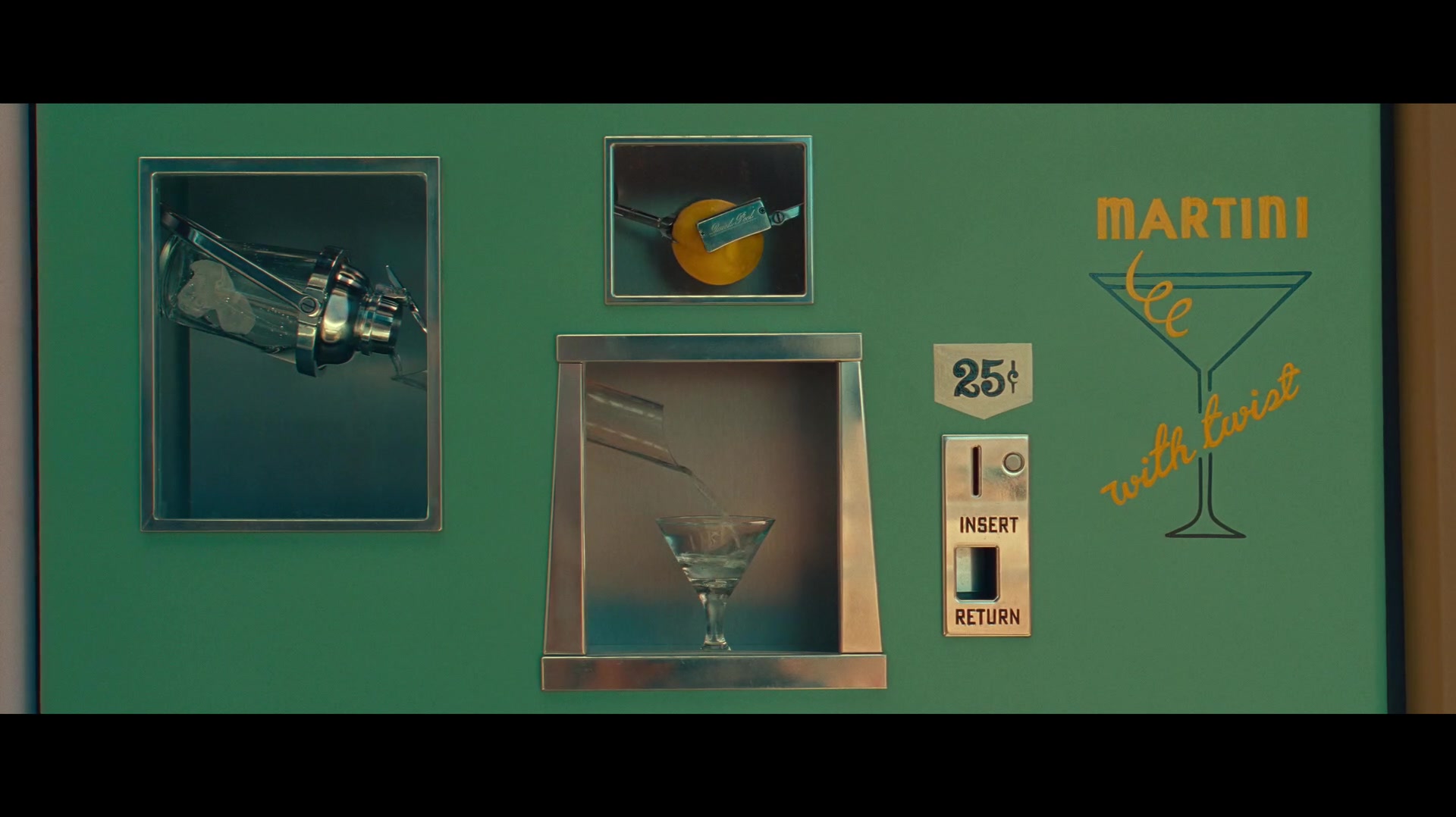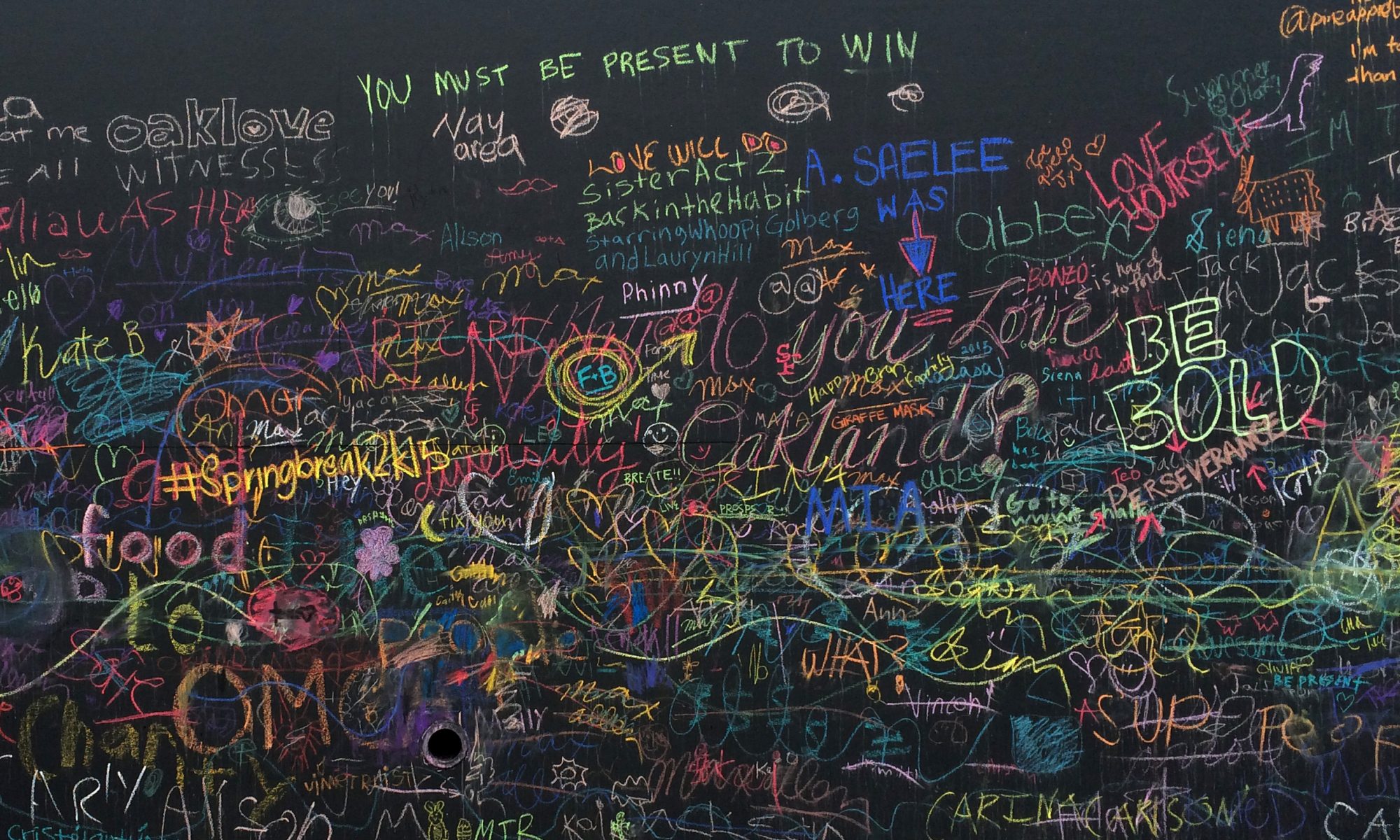
Don’t be surprised if you walk into my house one day and find that it feels a little like Wes Anderson’s Asteroid City. (I’m halfway there already with my color palette.) It’s a film worthy of many rewatches, not for the story but to live in that creamy, dreamy, surreal desert diorama for another hour and forty-five minutes.


The desert is my soul home, so I’m a sucker for the landscape and motifs as it is. But from the gorgeous suite of colors to the Looney Tunes backdrop, the creative direction of Asteroid City is truly stunning. It’s a work of art. Every frame is a beautiful, dynamic composition. The costuming signals character and builds an immersive world. There’s whimsy in every vending machine, auto shop prop, and road to nowhere.
I was especially taken by the lighting, which is overwhelmingly bright yet lush — not surprising as they used the sun as a primary light source. There’s a picnic scene staged under a lattice pergola, casting dappled light on the conversations. It’s not only visually interesting, but there’s something about the grid of shadow and light…half hidden, half exposed…checkered. Can’t quite put my finger on why this feels so important. Maybe I don’t have to explain it, it’s okay to simply enjoy it.
Off to rewatch!
